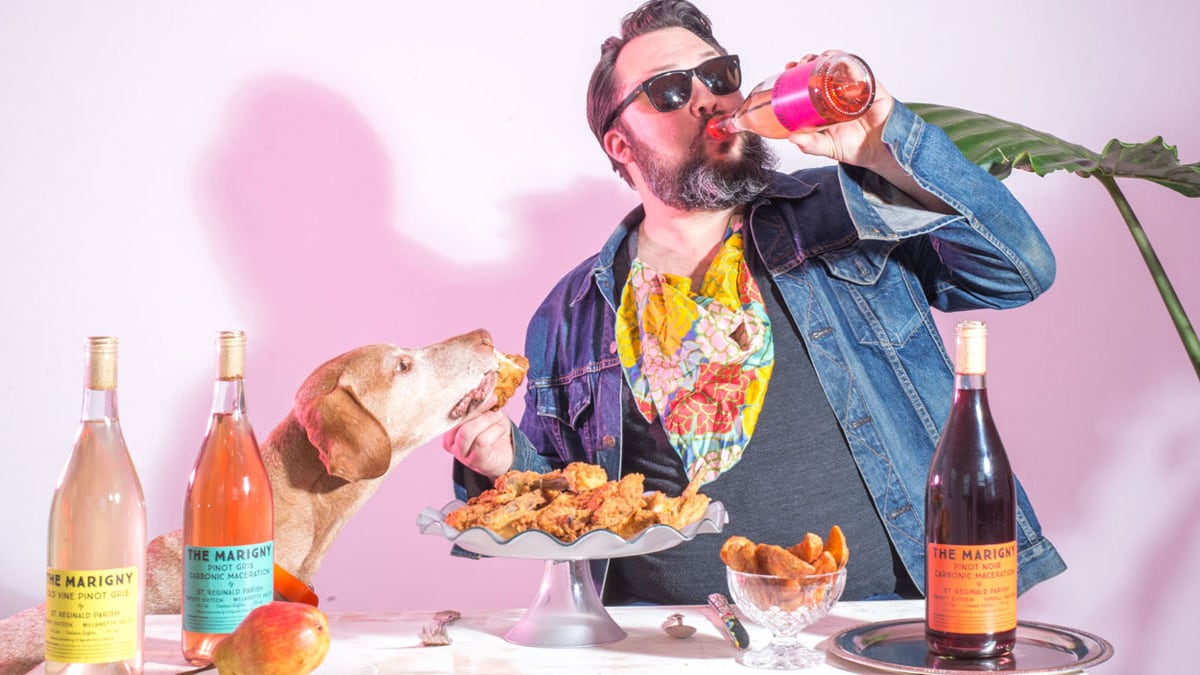Whatever you thought about Oregon wine five years ago, the new generation of winemakers is throwing that on its head, starting a revolution against homogenous, larger-winery tipples. They're making wines turned orange from grape-skin contact; naturally fermented bubbly; wines aged in foudres, acacia wood barrels or clay amphorae; and white-wine grapes served up as red wine.
On Monday, August 7, at the Central Eastside's Union/Pine event space, there'll finally be a festival to let you taste these wines together. Around 30 of Oregon's top progressive winemakers will take part in a brand-new festival dubbed Oregon Wine Now, a rare exhibition for the next generation we called the New Oregon Wine in a February cover story. Think of this as a craft-beer festival, but for wine. The wineries will include Bow & Arrow Wines, Day Wines, Division Winemaking, Minimus, Ovum, St. Reginald Parish and many other small, local winemakers stretching the borders of what Oregon wine can be.

We asked founder Michael Rhodes what this event means for Oregon wine. JORDAN MICHELMAN.
WW: How did you decide which wineries to include?
Michael Rhodes: These wineries have emerged on the Oregon scene in the past 10 years or so, and in wine terms are new. All of them are small businesses where the owner is also the main worker.
In recent years, numerous multinational wine corporations from California and France have bought tracts of vineyards and wineries in the Willamette Valley. For decades, wealthy individuals and investor groups have been starting or buying well-funded wine estates in Oregon and hiring people to do the farming and winemaking for them. These well-financed groups control more and more of the grape sources and have extensive sales and marketing operations.

Whatever you think about that, it does have the clear effect of squeezing the little guys. So it seems the little guys need to band together to get a share of the Oregon wine conversation.
The diversity of styles and flavors is pretty amazing. But in terms of philosophy, this group has a lot of similarities. The phrase “post-natural-wine-movement experimental minimalists” works pretty well as a shorthand. I’m sure some will disagree. As a starting point, they share the idea that wine grapes should be grown in an ecologically sustainable way and handled with great care, that cellar work should be minimally interventionist, that winemaking should express varietal character and the terroir of the vineyard site. That’s almost an unspoken assumption. They also appreciate cool labels.
Oregon Wine Now will take place Monday, August 7, at Union/Pine, 525 SE Pine St., oregonnowwinefair.com. 5-10 pm. $45-$55.

